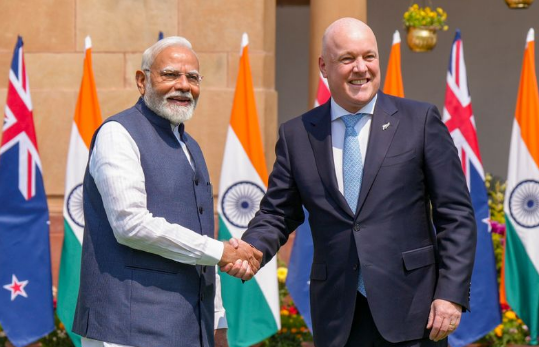
The cooperative meeting between Indian Prime Minister Narendra Modi and New Zealand Prime Minister Christopher Luxon brought bilateral ties between the two nations to a new level of importance. During their meeting both parties discussed the creation of defense security frameworks together with trade investment and educational and agricultural initiatives. PM Modi stressed that India prioritizes development while opposing territorial growth and supporting global anti-terrorism cooperation. Both countries plan to sign a Free Trade Agreement as they approach their hundred-year anniversary of sporting cooperation in 2026.
Key Developments and Agreements
Defence and Security Cooperation
-
The leaders of both India and New Zealand decided to formalize defense agreement cooperation.
-
Through their defense cooperation initiative both sides will execute mutual military exercises and training sessions and maritime port stops.
-
An official guide to facilitate cooperation in defence industries will be created.
-
The navies from both nations continue their participation in Combined Task Force-150 activities for protecting maritime security within the Indian Ocean.
Counter-Terrorism and Security
-
The participants emphasized their joint terrorism encounters through mention of the 26/11 Mumbai attacks and the 2019 Christchurch attacks.
-
During their meeting India emphasized their disapproval of activities targeting Indian interests in New Zealand which support the Khalistan movement.
-
The New Zealand government committed to maintaining joint efforts for combating extremist problems.
Economic and Trade Relations
-
The leaders began talks to establish a beneficial Free Trade Agreement (FTA).
-
Strengthened trade cooperation in sectors such as dairy, food processing, pharmaceuticals, and investment opportunities.
-
Business entities should expand their commercial partnerships between the two nations to drive economic expansion for both nations.
Diplomatic and Cultural Engagement
-
The government of New Zealand plans to expand its diplomatic capacity in India by 60% in order to establish deeper bilateral ties.
-
The Indian diaspora comprising 300,000 people in New Zealand makes substantial contributions to the relationship development.
-
The Governments will celebrate 100 years of sports relations between the two nations when 2026 arrives.
Geopolitical Considerations
-
PM Luxon explained New Zealand's geopolitical policy which focuses on three main global developments:
-
The transition from a rules-based order to power-driven politics.
-
The shift from economic priorities to security-driven policies.
-
Supply chains based on resilience have surpassed efficiency-based supply chains in importance.
-
Throughout security dialogues with Australia, Japan and South Korea New Zealand focuses on discussions about Ukraine and North Korean matters.
Significance of the agreement
-
Strategic Significance
-
The development of India-New Zealand military alliances allows India to expand its strategic presence across the Indo-Pacific region in line with its Act East Policy.
-
Security initiatives between maritime nations create stability for the Indian Ocean while protecting the region from potential challenges by local powers.
-
Security cooperation between nations offers India an example to model when developing relationships with Pacific Sea countries.
-
-
Economic Implications
-
Through the proposed FTA India will expand its trading relationships beyond its traditional trading blocs.
-
The expansion of agricultural trade and investments alongside dairy and pharmaceuticals operations leads to developing fresh economic prospects across the two nations.
-
India works to establish business alliances because it wants to advance its status as a worldwide production and distribution center.
-
-
Security and Counter-Terrorism Cooperation
-
Global counter-terrorism frameworks of India become stronger through efforts to combat anti-India activities across international borders.
-
The security cooperation between India and New Zealand creates a model which India can use to handle extremist threats with other nations sharing the same risks.
-
The integration of intelligence networks through better cooperation would strengthen the effectiveness of regional security operations.
-
-
Geopolitical Positioning
-
India’s diplomatic connections with New Zealand establish the nation’s essential position as a leading Indo-Pacific power.
-
India's participation in Quad-related dialogue patterns contributes to strengthening regional security talks although it does not officially belong to the organization.
-
New Zealand’s expanding diplomatic presence in India reflects an increased understanding of India’s rising position as a global power.
-
Conclusion
Regional geopolitics undergo a major strategic transformation as India and New Zealand move forward with increased commitments for defense security together with trade relations and diplomatic alliances. The wide range of cooperative engagement includes formal security partnerships as well as FTA negotiations and anti-extremist measures. The initiatives work toward India's goals of establishing stable regions and expanded economic growth which will develop a strong New Zealand-India partnership during forthcoming years.



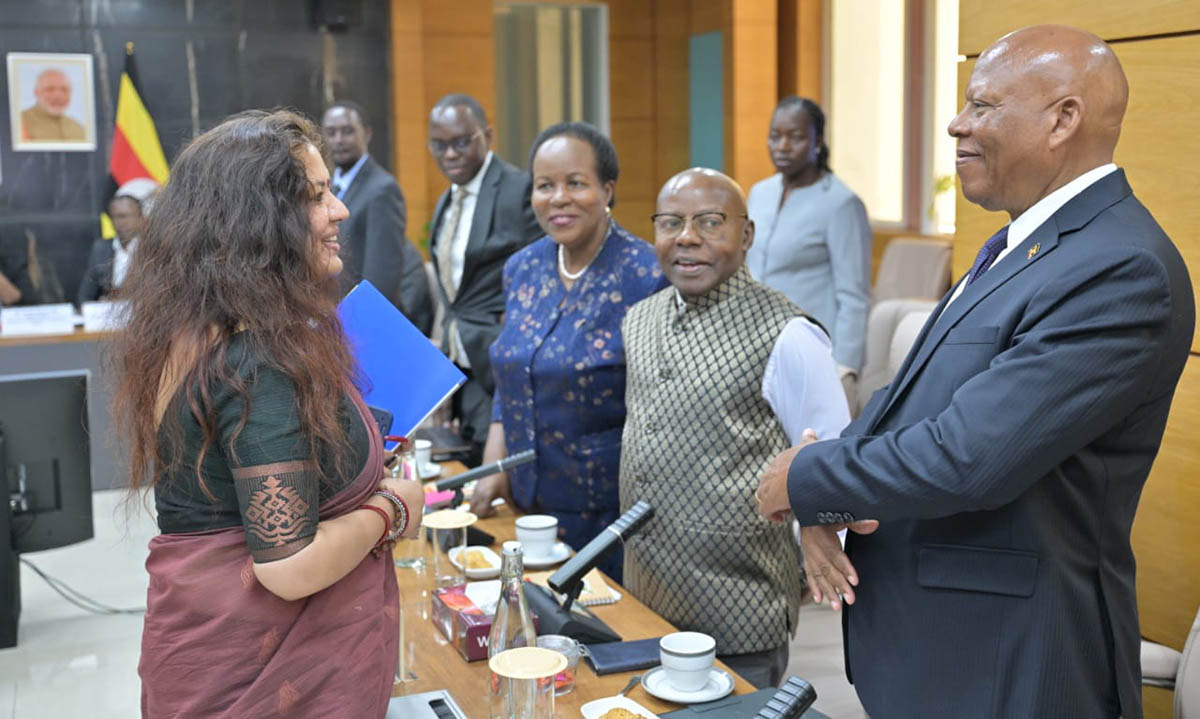 3rd Session of India-Uganda Joint Trade Committee Held in New Delhi
3rd Session of India-Uganda Joint Trade Committee Held in New Delhi Indonesia to Join New Development Bank: A Strategic Move Towards Economic Growth
Indonesia to Join New Development Bank: A Strategic Move Towards Economic Growth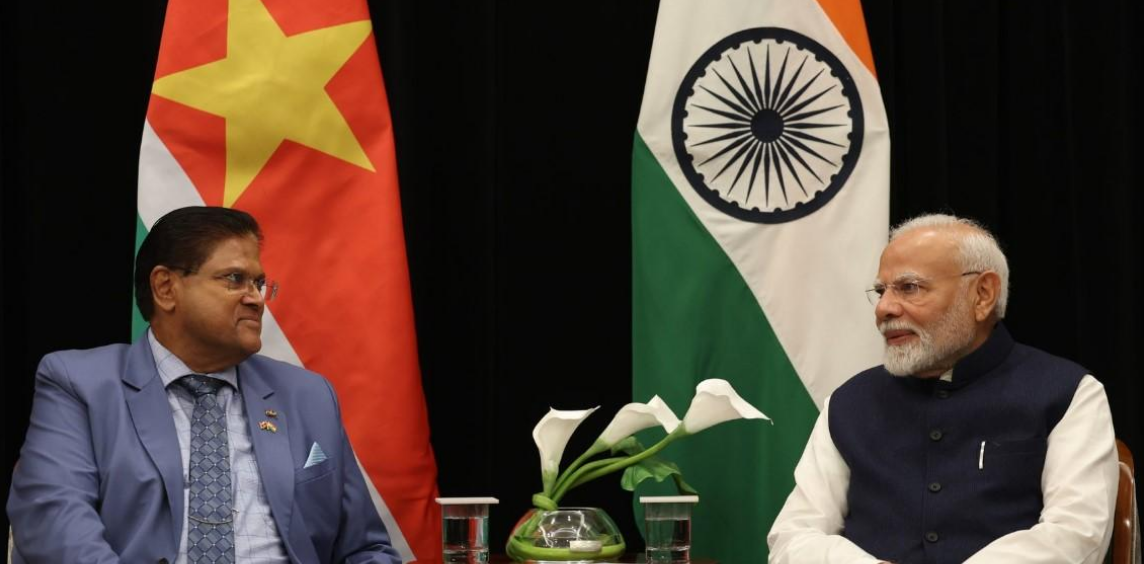 India Strengthens Ties with Suriname: $1 Million Machinery Support for Passion Fruit Industry
India Strengthens Ties with Suriname: $1 Million Machinery Support for Passion Fruit Industry Kirsty Coventry Will Lead Olympics as I.O.C.’s First Female and First African President
Kirsty Coventry Will Lead Olympics as I.O.C.’s First Female and First African President NASA Astronauts Sunita Williams and Butch Wilmore Return to Earth
NASA Astronauts Sunita Williams and Butch Wilmore Return to Earth India Ranked 24th Out of 33 Countries in Free Speech Index
India Ranked 24th Out of 33 Countries in Free Speech Index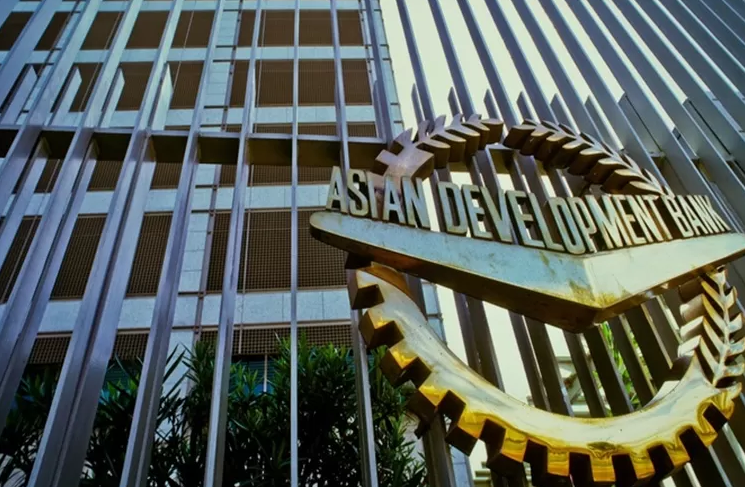 ADB Launches Frontier Seed (Pacific) Program for Economic Growth
ADB Launches Frontier Seed (Pacific) Program for Economic Growth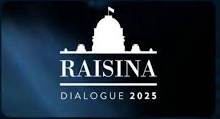 Raisina Dialogue 2025: A Strategic Forum for Global Geopolitical Discourse
Raisina Dialogue 2025: A Strategic Forum for Global Geopolitical Discourse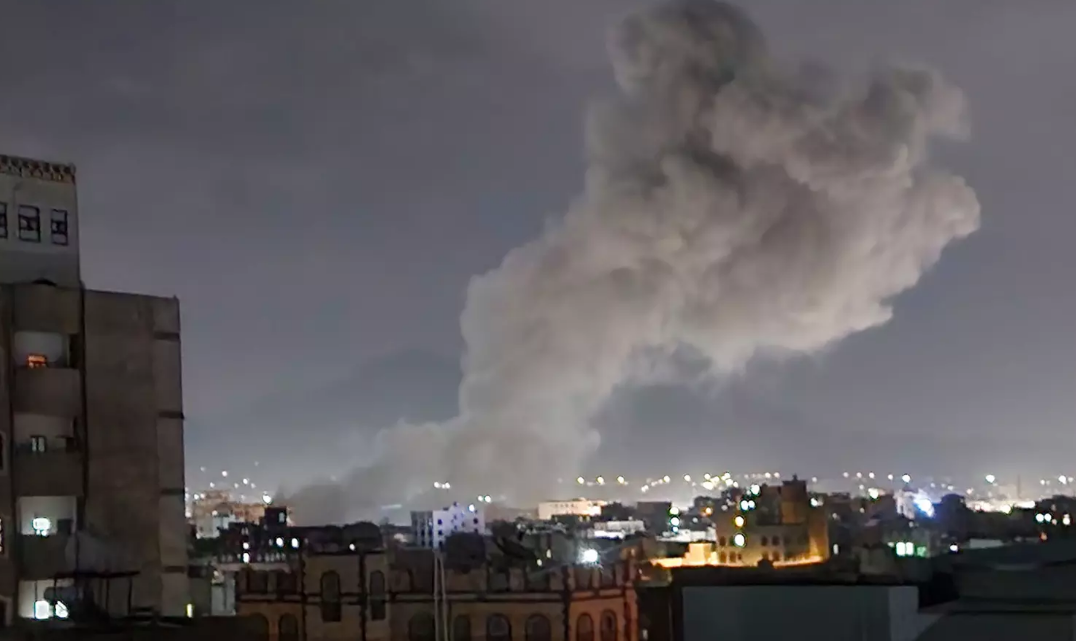 U.S. Airstrikes on Houthis in Yemen Escalate Regional Tensions
U.S. Airstrikes on Houthis in Yemen Escalate Regional Tensions






